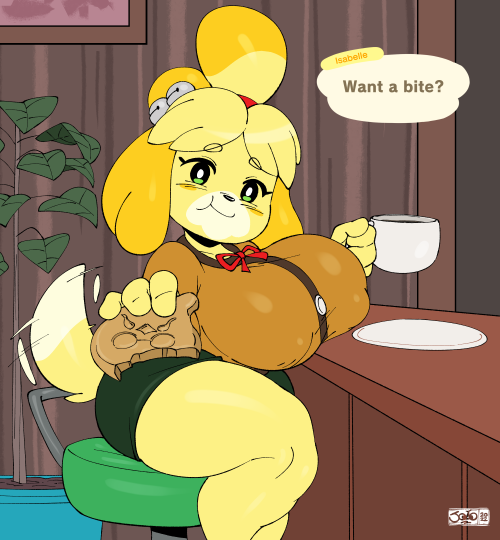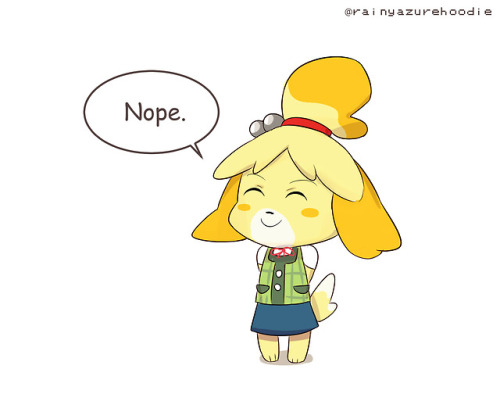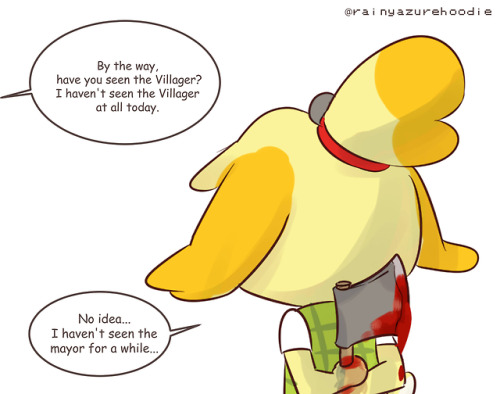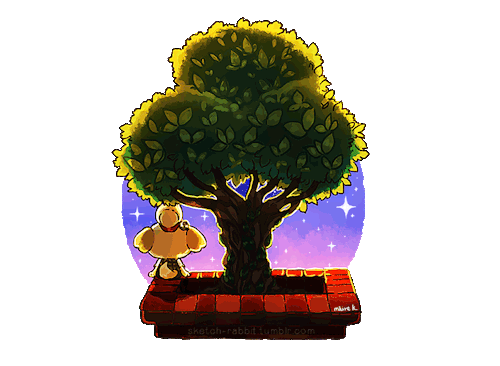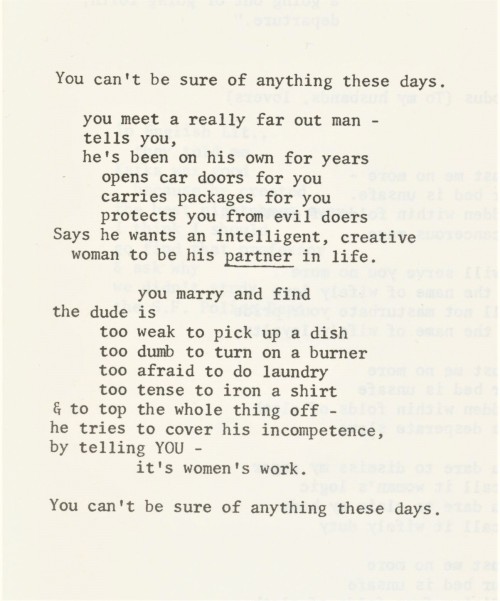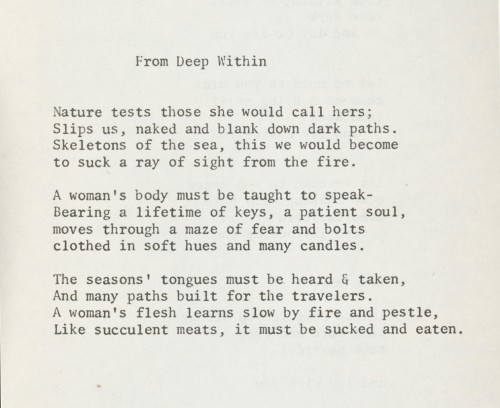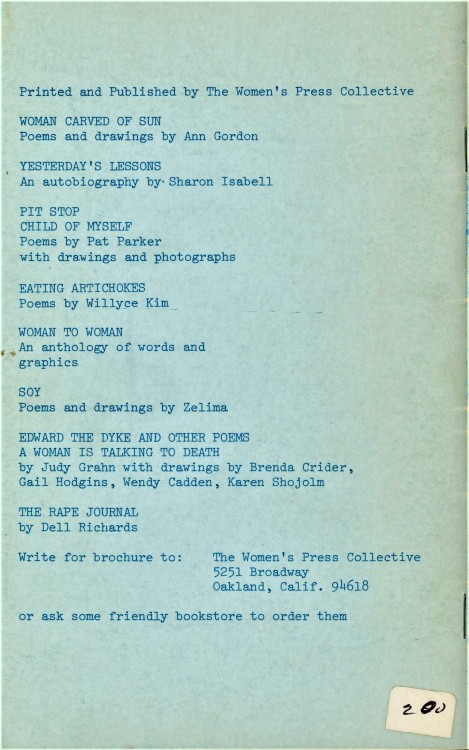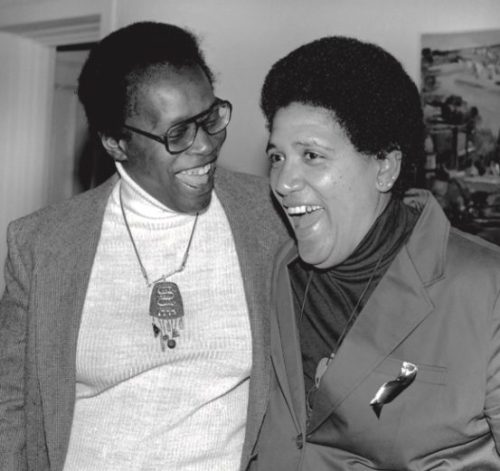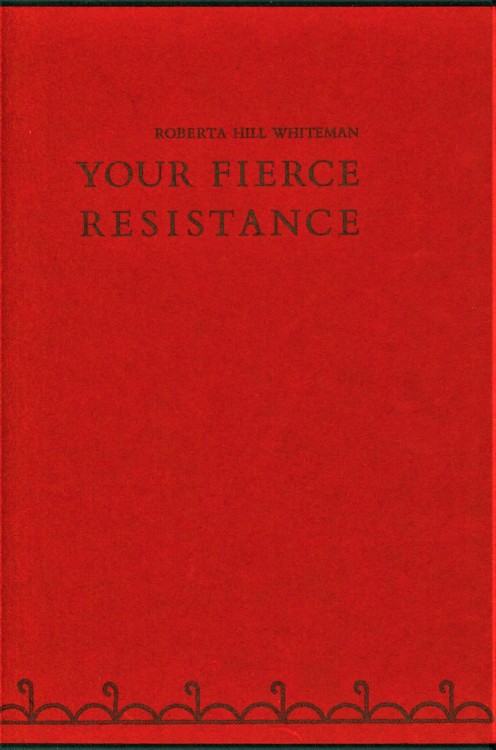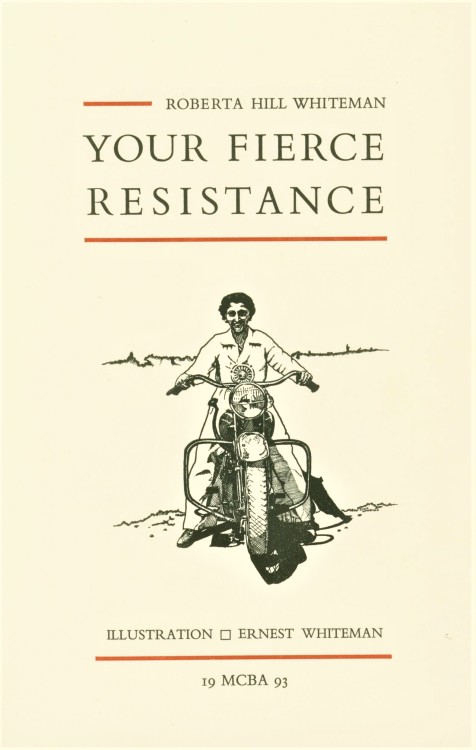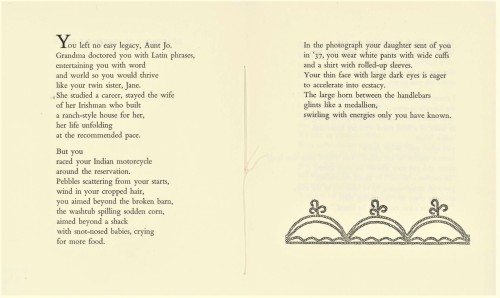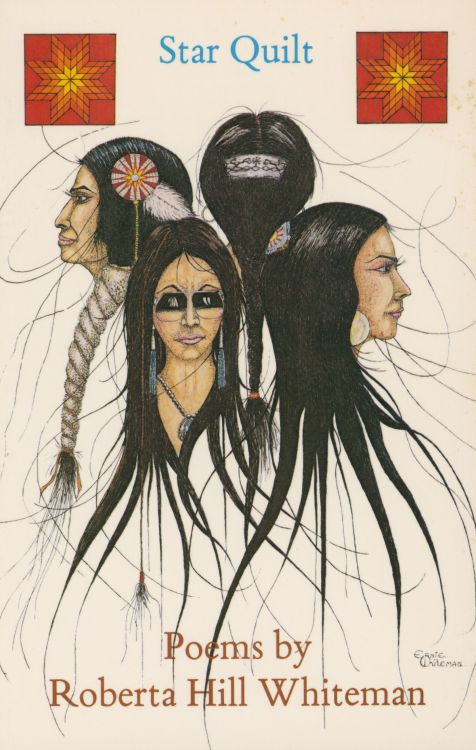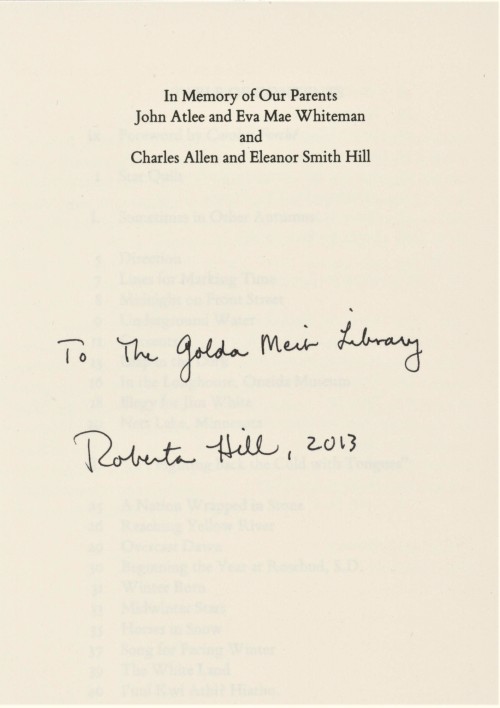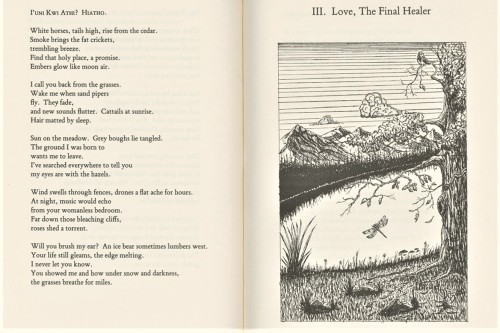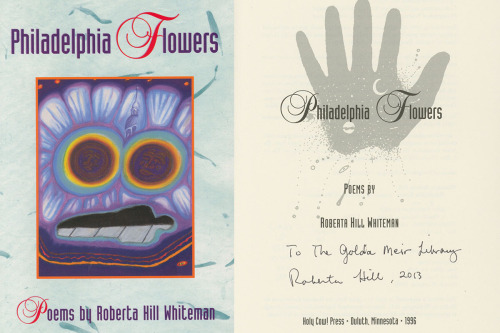#isabelle

*gibberish*
If you want to see up isabelle’s skirt…
Onlyfans.com/SofiaSivan
Staff Pick of the Week
Child of Myself
Our collection preserves a second printing of American poet and activist Pat Parker’s first poetry book, Child of Myself, published in 1974 by the Women’s Press Collective.The illustrations for this printing were done by Brenda Crider, Wendy Cadden, Jerri Robertson, Karen Garrison, and “Helle.” Over the course of her life, Parker published five collections of poetry and was a champion in the fight for women’s and LGBT liberation.
Parker’s activism was extensive. Parker was the founder of the Black Women’s Revolutionary Council in 1980; an early supporter of groups like the Black Panther Party; and the executive director of the Oakland Feminist Women’s Health Center from 1978 to 1987—a revolutionary organization, offering abortion healthcare to women in California, which inspired the formation of the still active, Chico Feminist Women’s Health Center (CFWHC). She also aided in the formation of the Women’s Press Collective, the publisher of her first two poetry books. The Collective was established by photographer, printer, and publisher,Wendy Cadden, and her partner Judy Grahn, an Air Force officer turned poet and activist after being discharged for being openly gay. Producing books, poems, and graphics, the press strove to promote work by lesbians disenfranchised by race or class.
InChild of Myself, Parker challenges the socially accepted power dynamics of heterosexual relationships through critiques on women’s prescribed roles as housekeeper and caretaker. When reading Parker’s stream-of-consciousness poetics, we have to step back and appreciate the bravery of these Black, LGBT, women feminists, who endured in the face of multiple systems of oppression. Parker and friends’ fight for women’s liberation was even acknowledged by Black Panther Party Leader, Huey P. Newton, in a 1970 interview:
…we say that we recognize the women’s right to be free. We have not said much about the homosexual at all, but we must relate to the homosexual movement because it is a real thing. And I know through reading, and through my life experience and observations that homosexuals are not given freedom and liberty by anyone in the society. They might be the most oppressed people in the society.
Child of Myself was originally published in 1972 by Shameless Hussy Press, founded byAlta Gerrey in Oakland in 1969—the first feminist press in the United States! The release of this first poetry book was just the beginning of Parker’s incredible career as a champion for LGBT rights, coming out as lesbian after the release of her second collection, Pit Stop, published by Women’s Press Collective in 1973, and again in 1975. Parker’s third poetry book, Womanslaughter, published in 1978 by American feminist publishing house, the Diana Press, revolves around the issue of femicide and the trauma of domestic violence. Parker often spoke publicly about these issues, kicking off day three of the first National Conference of Third World Lesbians and Gays, on October 15th, 1979, in Washington, D.C., with a speech about her sister’s tragic death at the hands of her husband.
Due to the Diana Press’s closure in 1979, Parker’s fourth collection, Movement in Black, published by the press in 1978, went out of print until 1983, when the Crossing Press (now a part of Random House’sCrown Publishing Group) issued a facsimile edition of the collection. By 1987 the book was once again unavailable, until, shortly after Parker’s death in 1989, Firebrand Books published its first edition of the collection—this time, including a foreword by friend, poet, and fellow activist, Audre Lorde and an introduction by Judy Grahn. Ten years later, in 1999, Firebrand released An Expanded Edition of Movement In Black, which includes a new section of previously-unpublished work, an introduction by Cheryl Clarke, and “Celebrations, Remembrances, Tributes” by ten Black writers including Lorde,Angela Y. Davis,Pamela Sneed, and Barbara Smith (founder of Kitchen Table: Women of Color Press).
Parker’s fifth and final poetry collection, Jonestown & Other Madness, was originally published by Firebrand Books in 1985, then re-published in 1989, just before Parker’s death from breast cancer. If you click here, you can hear Parker read the title poem from the book. Parker’s legacy will not soon be forgotten. In June 2019, Parker was one of the inaugural fifty American “pioneers, trailblazers, and heroes” inducted on the National LGBTQ Wall of Honor at the Stonewall National Monument (SNM) in New York City’s Stonewall Inn. In 1991, thePat Parker/Vito Russo Center Library, was founded to encourage and facilitate the reading and research of LGBT literature.
Viewother Staff Picks here!
–Isabelle, Special Collections Undergraduate Writing Intern
Author Portrait from the National Black Justice Coalition
Picture of Parker and Audre Lorde courtesy of Susan Fleischmann, 1981, with permission of Public Books.
If you or someone you know is suffering from domestic violence and looking for help, don’t hesitate to reach out to the free, 24/7,hotline through text, chat, or call at 800-799-7233.
Post link
First Nations Fine Press Friday
Roberta Hill
In association with our post this weekonRoberta Hill, we present the fine press printing of an excerpt from Hill’s 1993 poem, Your Fierce Resistance. Printed in an edition of 150 copies at the Minnesota Center For Book Arts (MCBA) in conjunction with literary center The Loft for theInroads: Writers of Colorseries,Your Fierce Resistance is an excerpt of a longer poem of the same title. The full-length poem can be found in Roberta J. Hill’s (then, Roberta Hill Whiteman) second poetry book collection, Philadelphia Flowers: Poems, published by the Holy Cow! Press in 1996. The edition was was printed by Robert Johnson of the Melia Press and wood engraver, printer, designer, poet, and illustrator Gaylord Schanilecusing Bembo type on Mohawk Superfine paper, with Fabriano Italia endsheets and Moriki Over Arches covers, supported in part by a grant from the National Endowment for the Arts.
Hill completed her PhD with a biographical study of her paternal grandmother, Dr. Lillie Rosa Minoka-Hill—the second American Indian woman to earn an M.D. in the United States. Minoka was ofMohawk descent, but had moved with her husband to the Wisconsin Oneida Reservation where she opened a “kitchen clinic” to serve the Oneida peoples. She’s said to have been adopted by the Oneida Nation of Wisconsin—the only person in the 20th century to be officially adopted by them—and was given the name Yo-da-gent, meaning “she who saves” or “she who carries help”.
The book, however is dedicated to another family member, Josephine Coté, Hull’s matrilineal aunt. Nonconformity must run in the women of this family, as Hill’s writing honors her aunt’s outward resistance to all pressures of assimilatory expectations, both inside and outside the Oneida reservation. Hill recalls a conversation with Coté, in Your Fierce Resistance,
Then
you asked me, “What passes
from a mother to her child?” You shifted your thin body
closer and put your elbows on your knees.
“Its mother’s blood. The blood remembers,”
you said, straightening up to look me in the eyes,
snapping them in your teasing way.
“Whatever’s lost can often be found.”
Roberta Hill’s three poetry collections revolve around the communal feeling of disconnection within the Oneida Nation’s people, where she utilizes nature-centric Native American/First Nations ideals to take a firm stance against the capitalistic consumption polluting our environment. Hill has read her poems throughout the United States and at International Poetry Festivals in Medellin, Columbia and Poesia Do Mundo in Coimbra, Portugal, as well as in China, Australia, and New Zealand. Hill has retired from her position as a Professor of English and American Indian Studies, affiliated with the Nelson Institute for Environmental Studies, in May of 2020, and now lives in the Driftless area of Wisconsin.
View moreFine Press Friday posts.
–Isabelle, Special Collections Undergraduate Writing Intern
We acknowledge that in Milwaukee we live and work on traditional Potawatomi, Ho-Chunk, and Menominee homelands along the southwest shores of Michigami, part of North America’s largest system of freshwater lakes, where the Milwaukee, Menominee, and Kinnickinnic rivers meet and the people of Wisconsin’s sovereign Anishinaabe, Ho-Chunk, Menominee, Oneida, and Mohican nations remain present.
Post link
Native American/First Nations Woman Writer of the Week
ROBERTA HILL
This week, we introduce you all to Roberta Jean Hill, formerly Roberta Hill Whiteman, a poet and educator native to Wisconsin! Born in 1947 near Green Bay, Roberta Hill grew up among the Oneida Indigenous peoples of Wisconsin, a rich heritage that enlightens her work as a poet and has driven her scholastic career. In her third poetry collection, Cicadas: New & Selected Poems, published by the Holy Cow! Press in 2013, Hill writes:
To the people, beings and places I love, named or unnamed, met and imagined. May they continue to inspire us to live and keep loving earth and her beings for all eternity.
UW-Milwaukee Special Collections preserves four signed presentation copies of Hill’s poetry books, all published by Jim Pearlman, founder and editor of Holy Cow! Press in Duluth, Minnesota, which is dedicated to publishing writers who live in the American Midwest and focuses on publishing Native American authors and thematic anthologies.
UWM Special Collections holds two copies of Hill’s first collection of poetry,Star Quilt, originally published in 1984 with foreword by poet, editor, professor, translator, and human rights advocate,Carolyn Forché. One is a first printing from 1984, signed in 2013 to our library, while the other is a second printing, illustrated and republished by the Holy Cow! Press in 1985, which is signed to Milwaukee poet and educator DeWitt Clinton.
The illustrations for both printings of Star Quilt were done by Hill’s husband, artist, director of First Nations Film and Video Festival, Inc, and member of theNorthernArapaho tribe,Ernest Whiteman. The cover art for the book is a portrait of a woman facing four ways, hinting at Roberta’s use of the four cardinal directions throughout the book that portray the separation and displacement that the Oneida peoples have experienced in a long history of forced migration by the U.S. government. Throughout the collection, Hill internalizes this feeling of loss and separation, utilizing an extended metaphor of dust in the winds returning to the Earth, from where the peoples are said to have come. The poem above, “I’uni Kwi Athi? Hiatho,” uses Hill’s father’s name, the meaning of which Hill says he never revealed.
In the glossary for Star Quilt, Hill tells the history of quilt making by Plains Indian women, which are designed with a central star for their children and grandchildren, stating, “it is a valuable possession, connecting the generations to one another and the earth.” Hill dedicates this collection to those who inspired her writing, “In Memory of Our Parents John Atlee and Eva Mae Whiteman and Charles Allen and Eleanor Smith Hill”.
Roberta Hill’s second collection, Philadelphia Flowers: Poems, published in 1996, carries many individual poems to and for family and friends, dedicating the collection to her three children, Jacob, Heather, and Melissa. The cover painting and illustrations for Philadelphia Flowers are again by Ernest Whiteman. Hill’s final and most recent collection, published in 2013, Cicadas: New & Selected Poems, reprints poems selected from Star QuiltandPhiladelphia Flowers and acts as a follow-up to her recent life experiences; including a longer individual poem dedicated to Hill’s late brother-in-law, “Ernie” Whiteman.
Also held by our department is a fine press printing of an excerpt of Roberta Hill’s poem, Your Fierce Resistance, published in 1993 by the Minnesota Center For Book Arts in conjunction with The Loft’sInroads: Writers of Color series. Be on the lookout for more on this beautiful production coming later!
After graduating with a BA from the University of Wisconsin-Green Bay, Hill earned an MA in fine arts from the University of Montana, and completed her PhD in American Indian Studies at the University of Minnesota. Hill’s doctoral thesis honors the work of her paternal grandmother,Dr. Lillie Rosa Minoka-Hill, through a biographical study of her life as the second American Indian woman to earn an M.D.in the U.S. Roberta Hill has held several academic positions and is Professor Emerita of English and American Indian Studies at the University of Wisconsin-Madison.
See other writers we have featured in Native American/First Nations Woman Writer of the Week.
–Isabelle, Special Collections Undergraduate Writing Intern
We acknowledge that in Milwaukee we live and work on traditional Potawatomi, Ho-Chunk, and Menominee homelands along the southwest shores of Michigami, part of North America’s largest system of freshwater lakes, where the Milwaukee, Menominee, and Kinnickinnic rivers meet and the people of Wisconsin’s sovereign Anishinaabe, Ho-Chunk, Menominee, Oneida, and Mohican nations remain present.
Author Portrait from the Library of Congress
Post link

